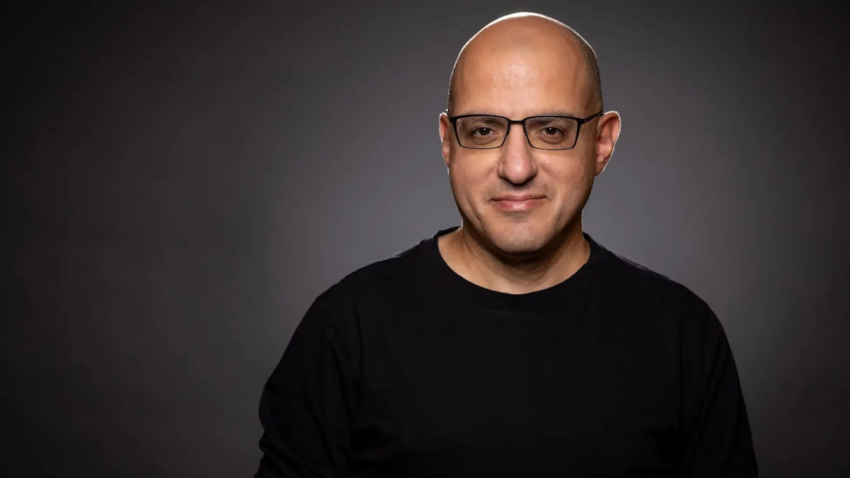Jack Hidary, CEO of SandboxAQ
Courtesy of SandboxAQ
A model of this text first appeared in CNBC’s Inside Wealth e-newsletter with Robert Frank, a weekly information to the excessive web value investor and shopper. Enroll to obtain future editions, straight to your inbox.
Personal funding companies of the ultra-rich, rattled by President Donald Trump’s tariffs, continued to reduce deal-making in April.
Final month, single-family places of work made 40 direct investments, down 31% month to month, in keeping with knowledge supplied completely to CNBC by Fintrx, a personal wealth intelligence platform. April’s tally additionally represents a 47% year-over-year decline.
Nonetheless, synthetic intelligence-related startups are nonetheless garnering consideration from household places of work, accounting for half of final month’s direct offers. In early April, quantitative AI agency SandboxAQ finalized its Sequence E spherical of $450 million after upsizing the fundraise twice as a result of investor demand, CEO Jack Hidary instructed CNBC.
SandboxAQ raised some $300 million final December from traders together with a bunch of billionaires and their household places of work, resembling enterprise capitalist Jim Breyer, Salesforce CEO Marc Benioff and Two Sigma co-founder David Siegel. The spherical was prolonged this spring, elevating an extra $150 million from Bridgewater founder Ray Dalio’s household workplace and a cohort together with Google and Nvidia, an current associate of SandboxAQ.
The Palo Alto, California-based agency, which spun off from Alphabet in 2022, is chaired by former Google CEO Eric Schmidt and counts his household workplace, Hillspire, as a backer.
“These are very value-added household places of work as a result of they know the world of tech effectively. They know the world of finance effectively,” Hidary mentioned. “These are skilled executives and entrepreneurs who help in advising us and are lively in doing so.”
SandboxAQ makes use of AI and quantum expertise to make large-scale predictions and statistical evaluation that it markets to a wide range of industries, like corporations doing drug discovery, cybersecurity, navigation or monetary modeling. Its expertise analyzes massive numerical datasets to make predictive AI fashions.
Hidary, a serial tech entrepreneur, mentioned professionally managed household places of work and enormous establishments have developed a higher urge for food previously six or seven years for deep-tech startups that cater to companies.
“They used to see deep tech as one thing they did not contact. It isn’t their purview. They did not make their cash, , doing that,” he mentioned. “However now it seems they perceive that truly it is decrease threat to put money into deep moat corporations.”
“What they notice, after years of investing in consumer-oriented tech — tech that helps you handle your pet’s meals or one thing like that — it sounds nice. It builds up plenty of customers shortly, but it surely’s simply commoditized,” he mentioned.
Household places of work are sometimes faster to make funding selections than conventional institutional traders, however some wish to have deep technical data earlier than they hand over funds, Hidary mentioned.
For example, Breyer met with Hidary 4 or 5 instances to debate related chapters of two books authored by Hidary. As for Dalio, his funding adopted years of discussions with Hidary that originally began in Abu Dhabi, United Arab Emirates, concerning the influence of AI on the financial system.
In preliminary conversations with traders, Hidary says he assesses whether or not they have the endurance for a protracted horizon.
“You do not need a household workplace that is right here to simply flip a burger, proper? And that might not be match for us,” he mentioned. “We’re trying to construct a world firm within the prime echelon of tech corporations. And I believe persons are drawn to that ambition. They’re drawn to that focus, but it surely’s not for each household workplace.”







